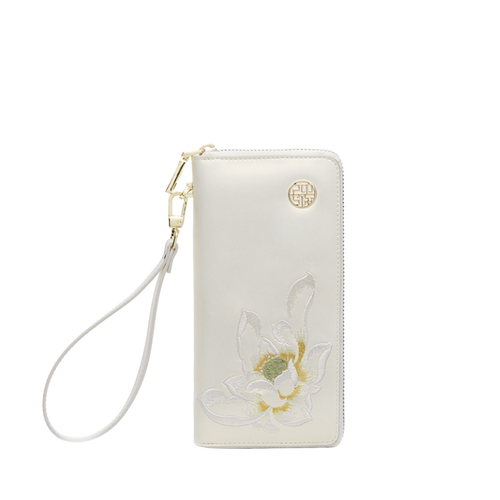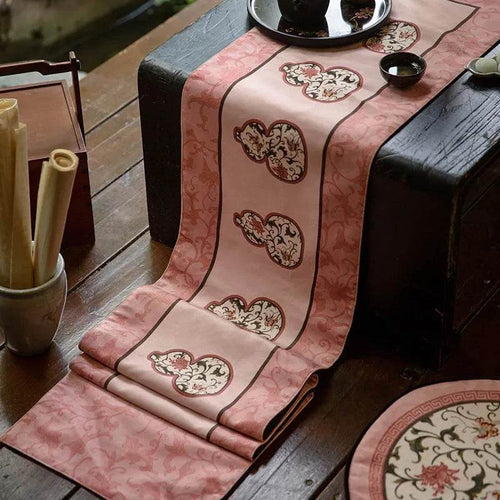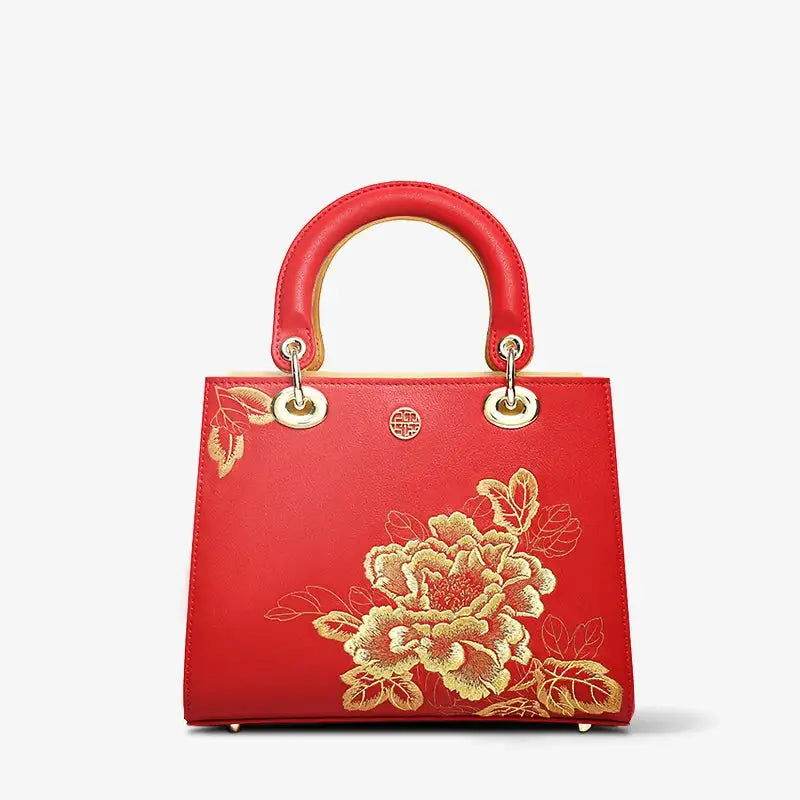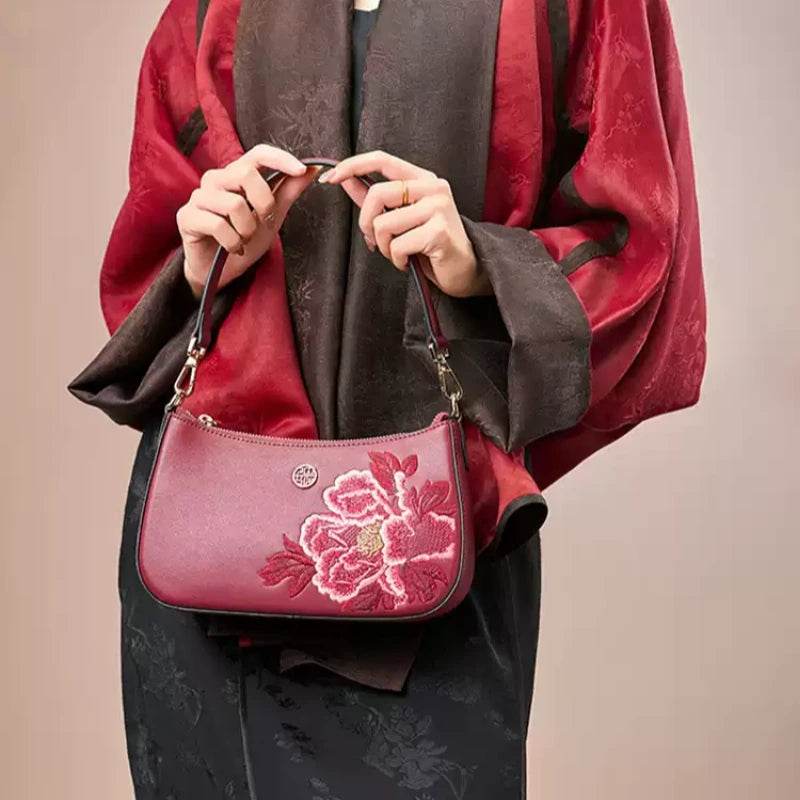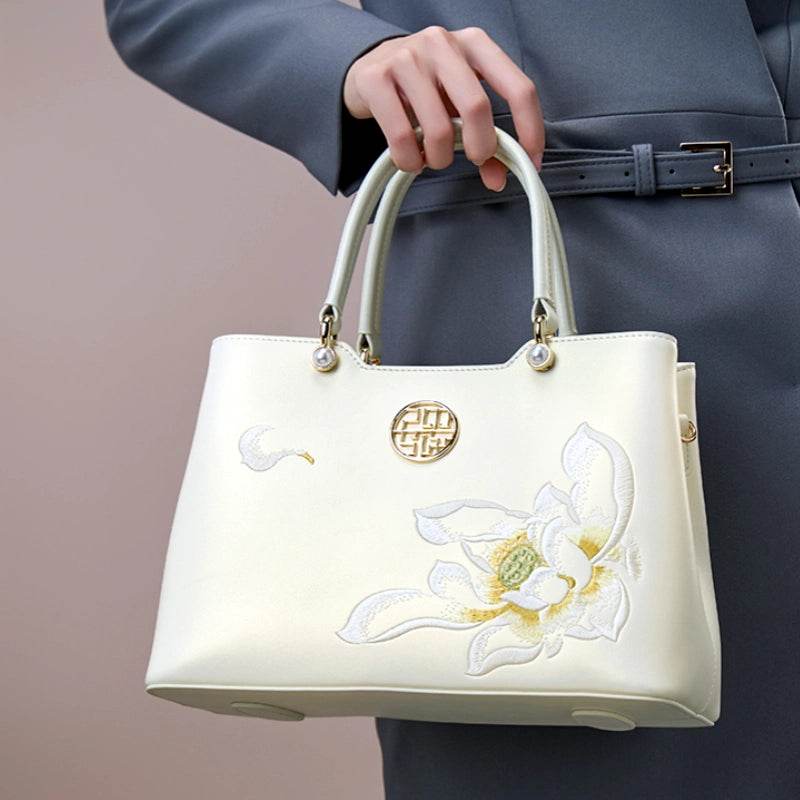Feng Shui, literally meaning “wind and water,” is an ancient Chinese practice focused on harmonizing individuals with their environment. With a history spanning over 3,000 years, it remains a cornerstone of Chinese culture and continues to impact modern design and lifestyle choices worldwide.
The History and Significance of Feng Shui in China
Feng Shui, an ancient Chinese practice, has a deep-rooted history and significant cultural importance. Here is an exploration of its historical evolution and its role in Chinese society:
Ancient Beginnings
Feng Shui, which translates to "wind and water," originated in ancient China more than 3,000 years ago. It emerged from observations of the natural world's impact on human life.
Early Beliefs
Early practitioners believed that the arrangement of the environment, including landforms, waterways, and structures, could influence the flow of energy (qi). This, in turn, affected the well-being, fortune, and destiny of individuals and communities.
Imperial Applications
Feng Shui gained prominence during China's imperial era. Emperors enlisted Feng Shui experts to design palaces, tombs, and cities. The goal was to ensure harmony with nature, thereby securing the prosperity and longevity of their reigns.
Principles and Practices
Feng Shui encompasses various schools of thought, such as the Form School, Compass School, and Black Sect Esoteric Buddhism Feng Shui. These schools offer different techniques for evaluating and enhancing the energy flow in a given space.
Modern Adaptation
In the modern era, Feng Shui has seen a resurgence of interest. It has evolved from its traditional roots to integrate with contemporary architecture, interior design, and urban planning. People now use Feng Shui to create harmonious living and working environments.
Cultural Influence
Feng Shui has left an indelible mark on Chinese culture. It influences architectural designs, city planning, interior layouts, and even personal decisions regarding home and business locations. This practice remains deeply embedded in the daily lives of many Chinese people.
Global Reach
Beyond China, Feng Shui has gained followers worldwide. It is used to harmonize environments, improve well-being, and enhance energy flow in homes and workplaces. Its principles have transcended borders and cultural boundaries.
 Conclusion
Conclusion
In summary, Feng Shui's history in China is one of rich tradition and cultural significance. It has evolved over millennia, leaving a lasting impact on Chinese society. Today, its principles continue to be applied both in China and across the globe to create balanced, harmonious spaces and improve the quality of life.









